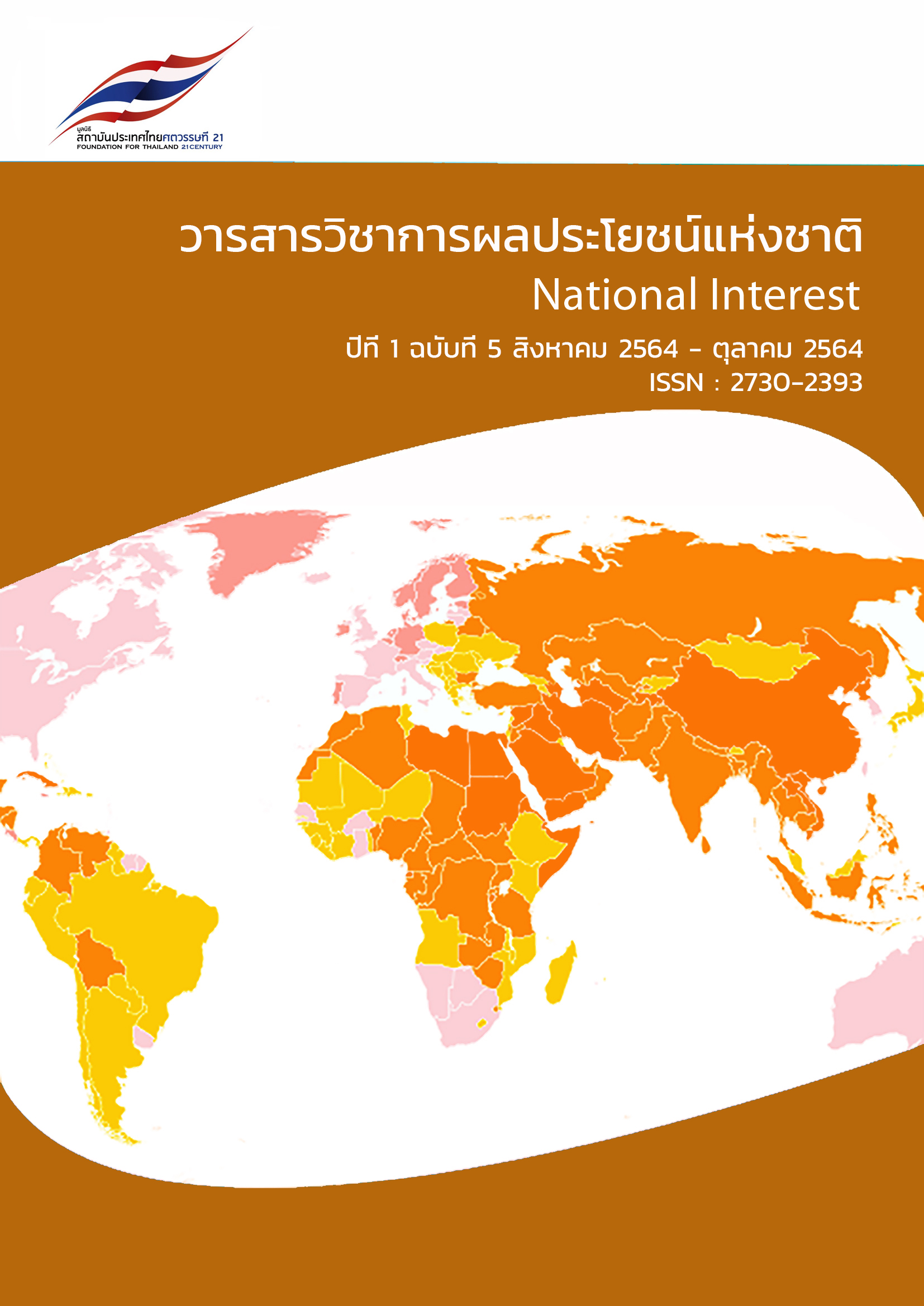Why modern education administrators need EIS
Main Article Content
Abstract
The education industry is no different from other fields especially in the new era of educational administration. It is imperative that school administrators at all levels learn and understand new tools in the era of information and communication technology.
Bringing EIS to help in education administration In addition to helping facilitate education administrators. If you consider the heart of educational administration, 4 things are academic administration budget management personnel management And general administration, it is considered that EIS will help answer all four aspects of educational administration as well whether it is planning, directing, directing, operating and evaluation, etc.
To be used to assist in their management for maximum efficiency. because at present If considering the issue of educational reform in accordance with the guidelines of the National Education Act B.E. Promote lifelong education arising from the integration of education in the system informal education and informal education. Therefore, in today's world of information, EIS is suitable for modern education administrators. To step in the flow of change itself.
There is mobilization for the development of education at all levels. This can be seen from the rapidly changing content development and educational management style of Thailand especially in terms of supporting globalization, such as entering the ASEAN Community in 2015 or a mobile computer project for all students (One Tablet PC per Child) of the government [1], which is regarded as an important paradigm in the future of national education infrastructure standards.
Article Details

This work is licensed under a Creative Commons Attribution-NonCommercial-NoDerivatives 4.0 International License.
Thai Journal of National Interest Academic Journal under Creative Commons Attribution-NonCommercial-NoDerivatives 4.0 International License The journal allows access or distribution of academic work without charge or registration. To support the exchange of knowledge Scope covers academic work in geopolitics. Geoeconomics and Innovation
Users can share, copy and distribute all information published in National Interest Academic Journal in any form or medium subject to the following conditions:
Citation — Permission to use, reproduce, distribute, or modify the work. But credit must be given to the owner of the work. If the work is used without credit, the name of the owner of the work will be Must obtain permission from the owner of the work first.
Noncommercial — The work may be used, reproduced, distributed, or modified. However, the work or article may not be used for commercial purposes.
Cannot be modified — The work may be used, reproduced, and distributed. But do not modify the work. unless permission is received from the owner of the work first
References
[2] C. Parker and T.Case, Management Information Systems: Strategy and Action. New York: Mitchell McGraw-Hill, 1993.
[3] Pannee Suanplong,Information Technology and Innovation for Knowledge Management. Suan Sunandha Rajabhat University, 2010.
[4] Uthai Boonprasert,Institutional Research and Administration in Educational Institutions: Research on Education management. Dhurakij Pundit University Research Center, 2009.
[5] Sodsai Dulya. Technology and the Development of Thai Education Quality, 2007 Available: (Online). www.vcharkarn.com/varticle/33108, February 26, 2013. [Accessed September17, 2021].
[6] Thaweesak Koranantakul. 2002. e-Education Policy. Electronics Technology Center and National computer.


